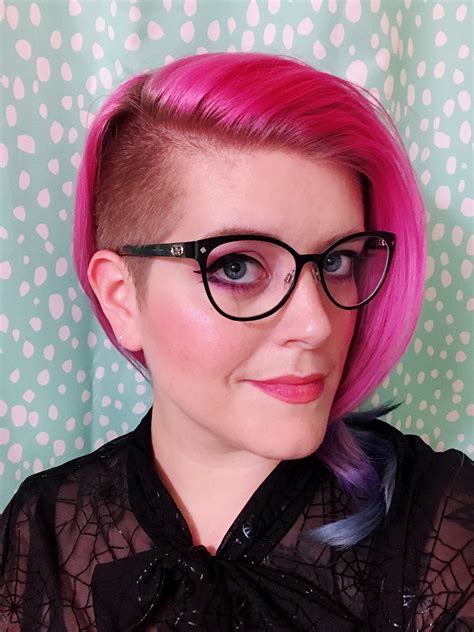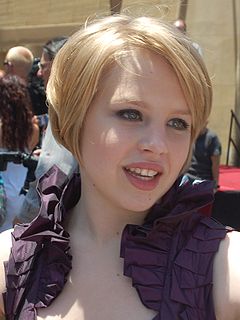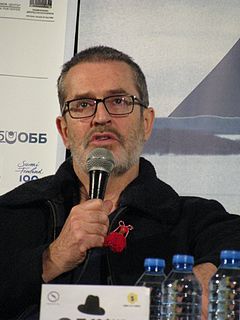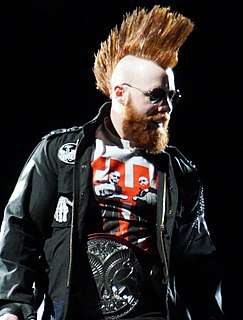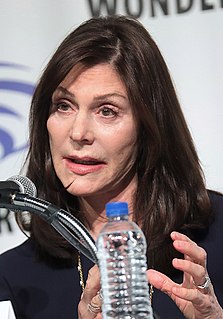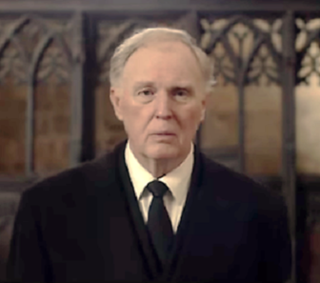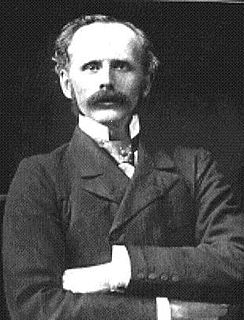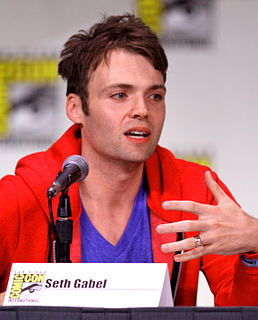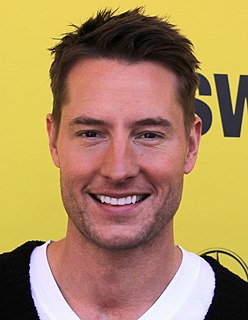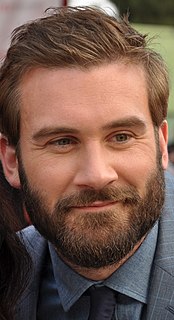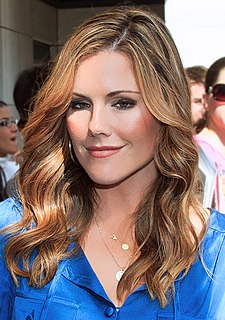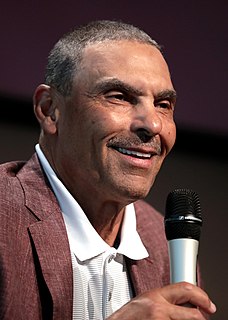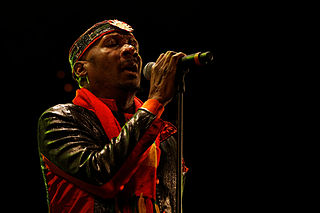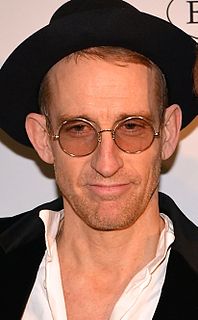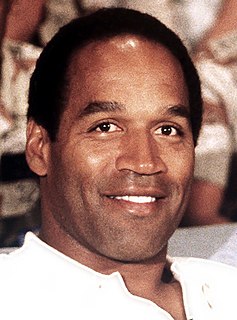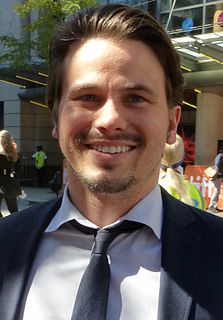Top 1200 Fictional Character Quotes & Sayings - Page 19
Explore popular Fictional Character quotes.
Last updated on November 14, 2024.
As an actor, you don't want to know the beginning and end to your character's arc. It makes it more fun. You're not playing the end. You're playing it realistically. You don't know where this character is going to go and what's going to happen to him, which just makes it more interesting for the viewers to watch. They're going on the journey with you, as the actor and the character.
There is a slovenly disrespect for truth and reality that has infected and cross-infected the arts; the values of entertainment are relentlessly in the ascendant, to the extent that it becomes virtually impossible to write a naturalistic fictional sentence without feeling that the fabric of that sentence is already compromised.
When I bought a collection of Tolstoy and Dostoyevsky, I returned home with a bright enthusiasm to begin the long march into the Russian soul. Though I've failed to read either man to completion, they both helped me to imagine that my fictional South Carolina was as vast a literary acreage as their Russia.





